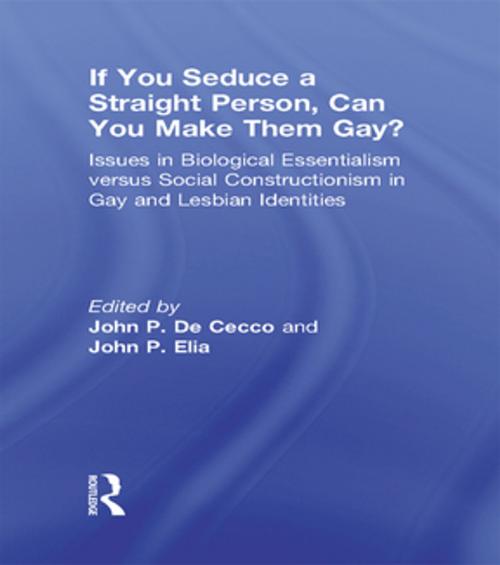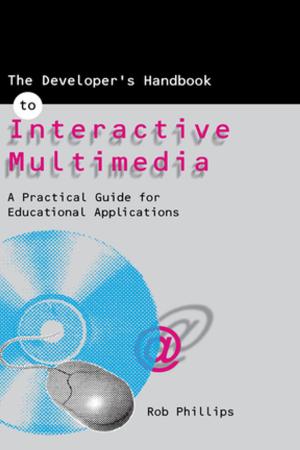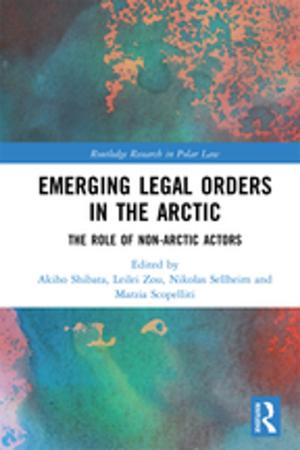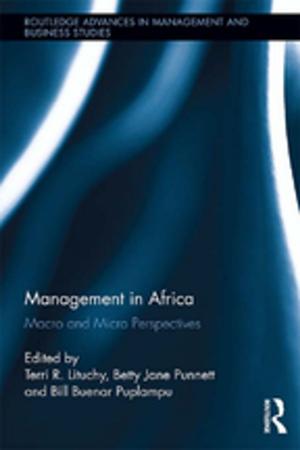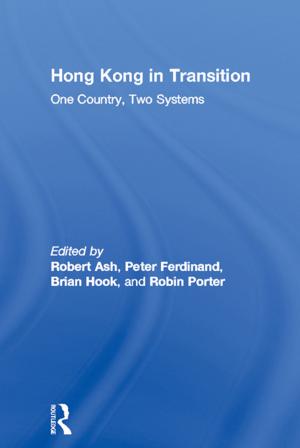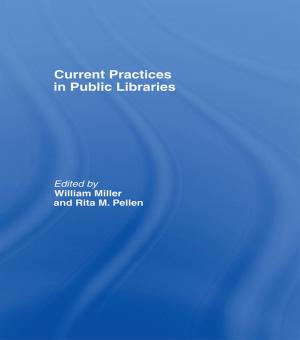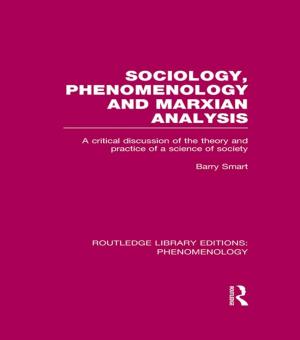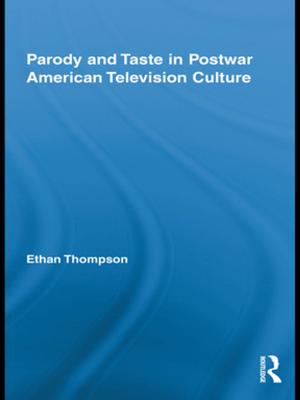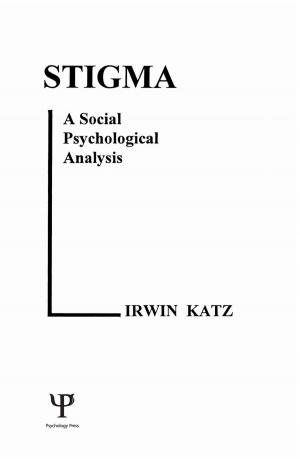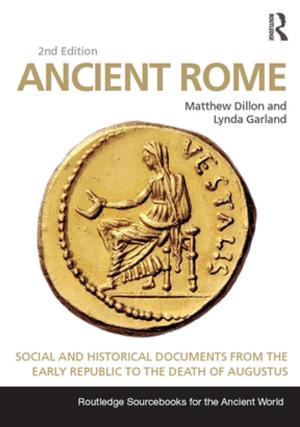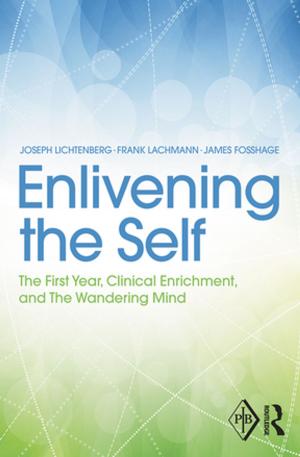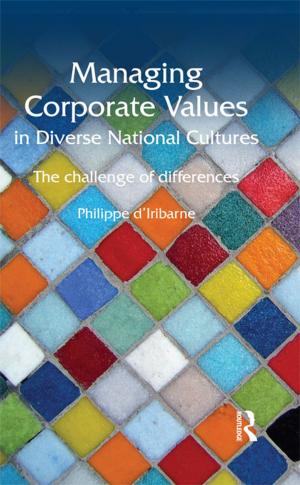If You Seduce a Straight Person, Can You Make Them Gay?
Issues in Biological Essentialism Versus Social Constructionism in Gay and Lesbian Identities
Nonfiction, Social & Cultural Studies, Social Science, Gender Studies, Gay Studies, History| Author: | John Dececco, Phd, John Patrick Elia | ISBN: | 9781317991915 |
| Publisher: | Taylor and Francis | Publication: | May 1, 2014 |
| Imprint: | Routledge | Language: | English |
| Author: | John Dececco, Phd, John Patrick Elia |
| ISBN: | 9781317991915 |
| Publisher: | Taylor and Francis |
| Publication: | May 1, 2014 |
| Imprint: | Routledge |
| Language: | English |
The debate on whether or not people are born homosexual (biological essentialist theory) or become homosexual during the course of their lives (social constructionist theory) continues as each side claims to prove the truth through research and clinical findings. This breakthrough book shows the fissures in concepts of the gay and lesbian identity and the one-sidedness of both biological essentialist and social constructionist versions of both sexual and gender identity. The editors present an alternative view--sexual and gender expression is a product of complementary biological, personal, and cultural influences in If You Seduce a Straight Person, Can You Make Them Gay?
Through theoretical analysis, ethnographic and empirical data, and case studies, the editors show how the one-sidedness of both biological essentialist and social constructionist versions of sexual and gender identity make it difficult, if not impossible, to conceptually determine the origin of an individual’s sexual expression. This thought-provoking book covers many topics that are sure to cause readers to re-evaluate their thinking about the origins of gay and lesbian identity. Among the topics examined with this fresh perspective are:
-
Childhood Cross-Gender Behavior and Adult Homosexuality
-
Gay and Lesbian Teachers and Coming Out
-
Homosexuality, Marriage, Fidelity, and the Gay Community: Case of Gay Husbands
-
Can Seduction Make Straight Men Gay?
-
Gay and Lesbian Identities in Non-industrialized Societies--Surinam (Dutch New Guinea), Turkey, Nicaragua, and Argentina
-
Political-Economic Construction of Gay Male Identities
Readers will clearly see that the controversy over the being born gay or becoming gay debate is far from resolved. From the beginning, the book explores how human beings are less constrained by biology than many would like to believe. Social circumstances and economics cause some determination of identity, but not exclusively. Theoretical introductions to each chapter attempt to synthesize elements on both sides of this most contemporary debate.
The debate on whether or not people are born homosexual (biological essentialist theory) or become homosexual during the course of their lives (social constructionist theory) continues as each side claims to prove the truth through research and clinical findings. This breakthrough book shows the fissures in concepts of the gay and lesbian identity and the one-sidedness of both biological essentialist and social constructionist versions of both sexual and gender identity. The editors present an alternative view--sexual and gender expression is a product of complementary biological, personal, and cultural influences in If You Seduce a Straight Person, Can You Make Them Gay?
Through theoretical analysis, ethnographic and empirical data, and case studies, the editors show how the one-sidedness of both biological essentialist and social constructionist versions of sexual and gender identity make it difficult, if not impossible, to conceptually determine the origin of an individual’s sexual expression. This thought-provoking book covers many topics that are sure to cause readers to re-evaluate their thinking about the origins of gay and lesbian identity. Among the topics examined with this fresh perspective are:
-
Childhood Cross-Gender Behavior and Adult Homosexuality
-
Gay and Lesbian Teachers and Coming Out
-
Homosexuality, Marriage, Fidelity, and the Gay Community: Case of Gay Husbands
-
Can Seduction Make Straight Men Gay?
-
Gay and Lesbian Identities in Non-industrialized Societies--Surinam (Dutch New Guinea), Turkey, Nicaragua, and Argentina
-
Political-Economic Construction of Gay Male Identities
Readers will clearly see that the controversy over the being born gay or becoming gay debate is far from resolved. From the beginning, the book explores how human beings are less constrained by biology than many would like to believe. Social circumstances and economics cause some determination of identity, but not exclusively. Theoretical introductions to each chapter attempt to synthesize elements on both sides of this most contemporary debate.
